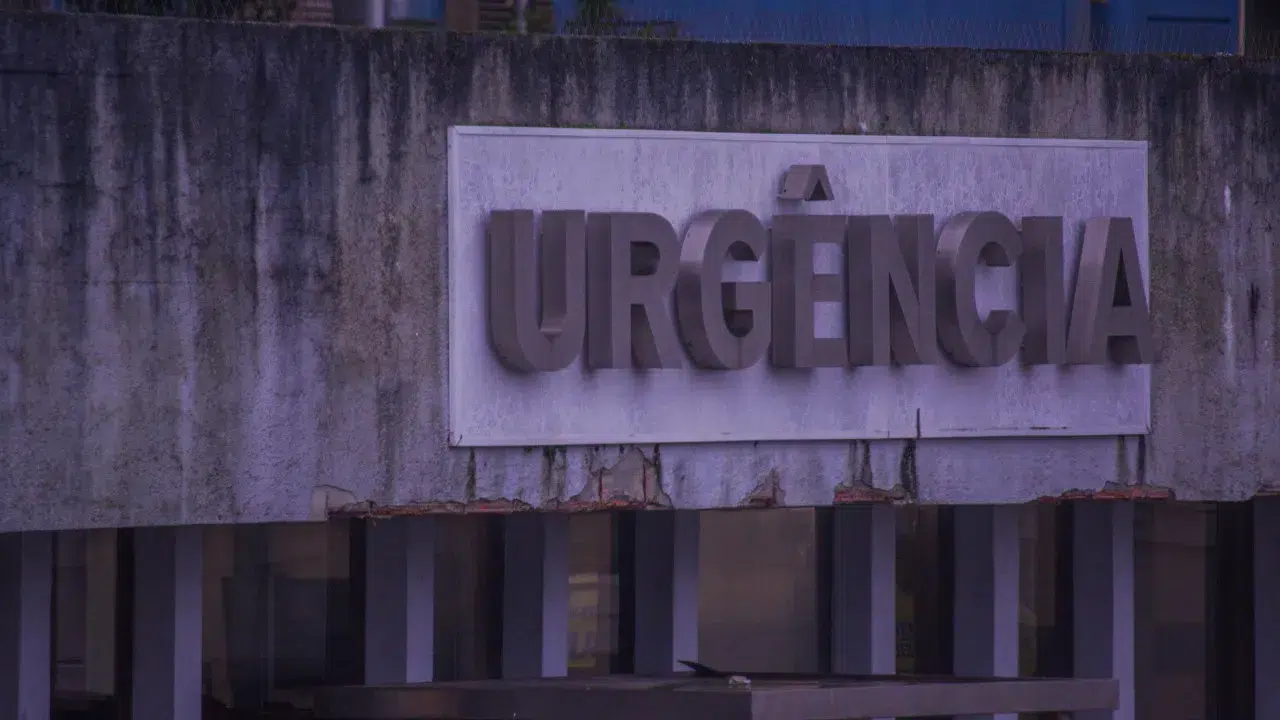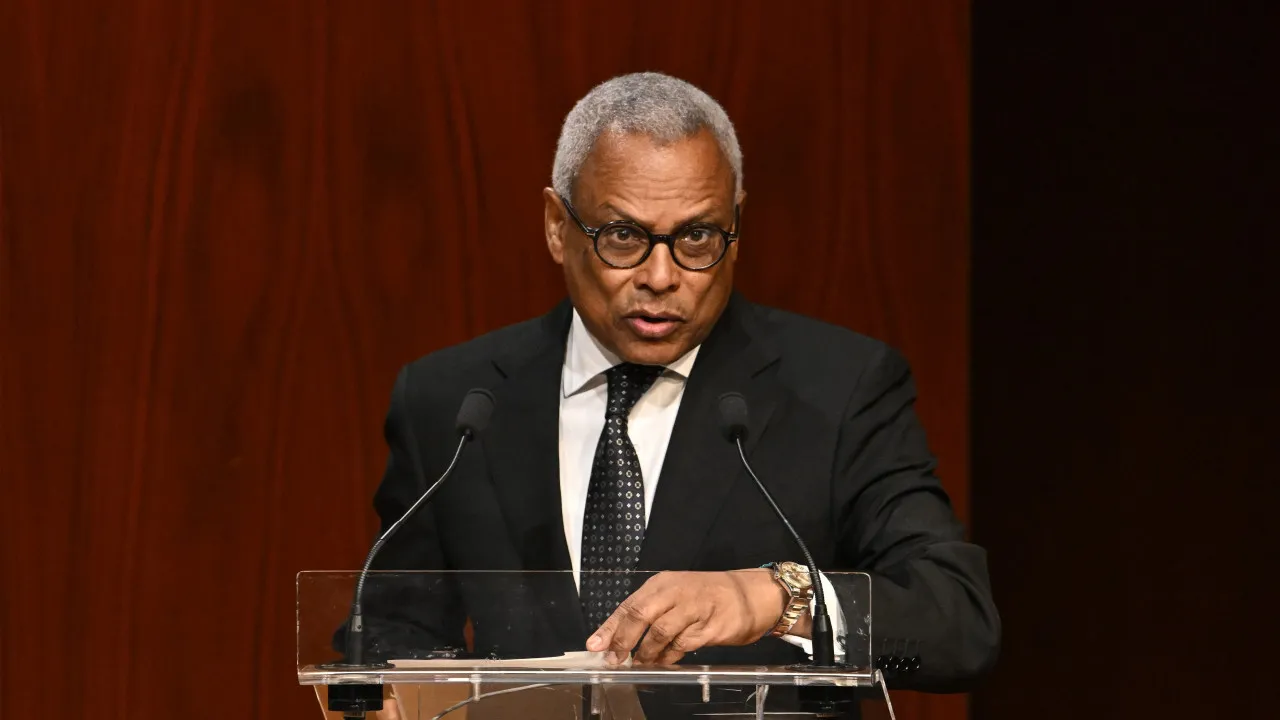Local accommodation generates less than 20,000 euros a year for most of its owners, but represents more than half of the family budget for 39% of them, concludes a study carried out by NovaSBE and presented today.
Presenting the final conclusions of the “Study of the impact of local accommodation in Portugal” in Lisbon, economist and researcher at the Nova School of Business & Economics Pedro Brinca pointed out that 46% of local accommodation in Portugal generates less than 20,000 euros a year for its owners.
At the same time, this income represents “more than 60% of the family budget” for 39% of those surveyed in the study, which was carried out at the request of the Association of Local Accommodation in Portugal (ALEP) and is based on 1,820 responses from owners and managers.
This is one of the factors that led the team that carried out the study to conclude that local accommodation “has been an engine of the national economy”, generating “added value” both in economic activity and in employment.
Based on 2019 figures, the study estimates that the sector is responsible for 306,096 direct and indirect jobs (which represents 6.18% of the national total). In other words, each local accommodation creates “almost four jobs”, it specifies.
As far as Gross Domestic Product (GDP) is concerned, the contribution of spending by tourists staying in local accommodation in 2019 reached 9.9 billion euros (4.64% of national GDP).
Both this contribution and job creation have been growing since 2016, according to the study.
The growth of tourism in Portugal – stresses ALEP in its statement on the results of the study – “was only possible due to the emergence of local accommodation, which now accounts for 40% of overnight tourist stays”.
Spending by guests in local accommodation “grew by 57% between 2016 and 2019”, adds the association.
Right at the start of the presentation, Pedro Brinca – on behalf of the authors of the study, who also include João Bernardo Duarte and Joao Pedro Ferreira – stressed that they had not focused on the “impact” of local accommodation “on the housing problem”.
However, the survey included questions about the “impact of the Mais Habitação Program” and its “consequences”.
In this regard, more than half of the respondents anticipate that they will have to “reduce costs, close down the business or cut back on future investments”.
The overwhelming majority do not see the package of measures adopted by the government (which, after the presidential veto, is awaiting discussion in Parliament, with the PS majority expected to approve it again) as “a good opportunity to make investments”.
What’s more, the vast majority of landlords rule out the possibility of transferring their local accommodation to traditional long-term rentals or student rentals, and also exclude it from becoming a permanent, personal or family home.
The most plausible options are to rent to foreigners (medium-term, one to 12 months), keep local accommodation as vacation homes and second homes or even sell the properties.
The study also draws a picture of the sector, showing that almost two thirds of local accommodation owners (62%) are individuals and that the majority have just one local accommodation (and 80% have less than three, making them small owners).
A third of the owners are people of working age, with a relatively even gender balance (53% men and 47% women) and the majority have higher education, according to the results.
The study also states that 62% of homeowners “invested in the rehabilitation” of their homes, while “more than 40%” of the properties “were vacant or in a poor state of repair”.
The NovaSBE authors also point out that the sector is under-represented in official statistics, which only include local accommodation with a capacity of more than ten beds, leaving out 80%. If those with a capacity of less than ten beds were included, the number would “almost quadruple”, they estimate.
The study also concludes that local accommodation “is a reality throughout the national territory”, with Lisbon and Porto concentrating “only” 26% (17% and 9% respectively).




